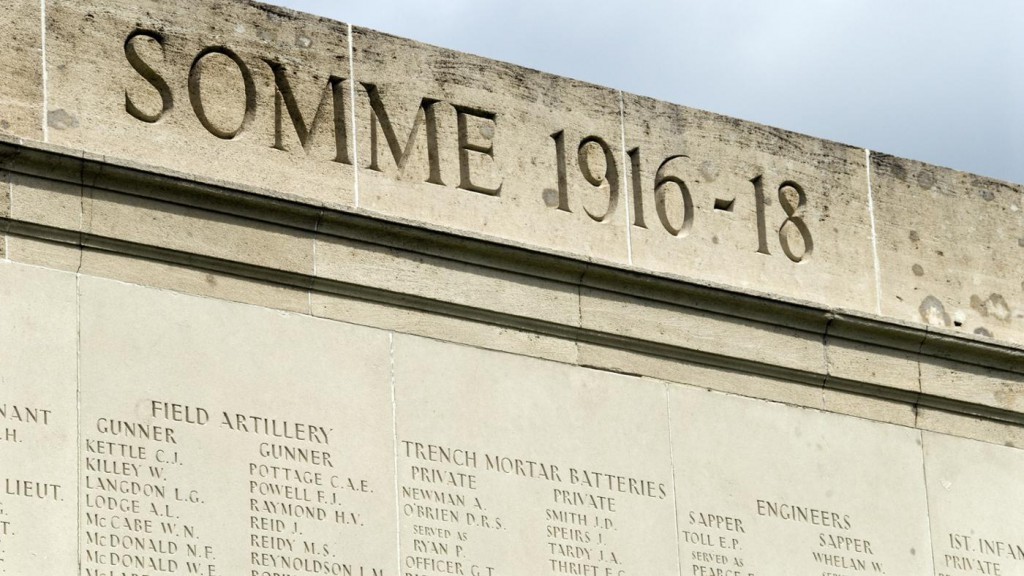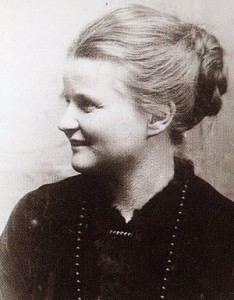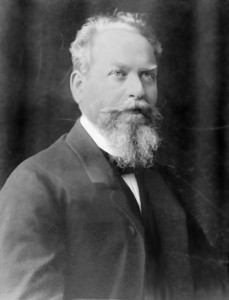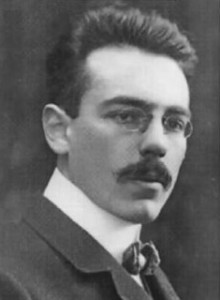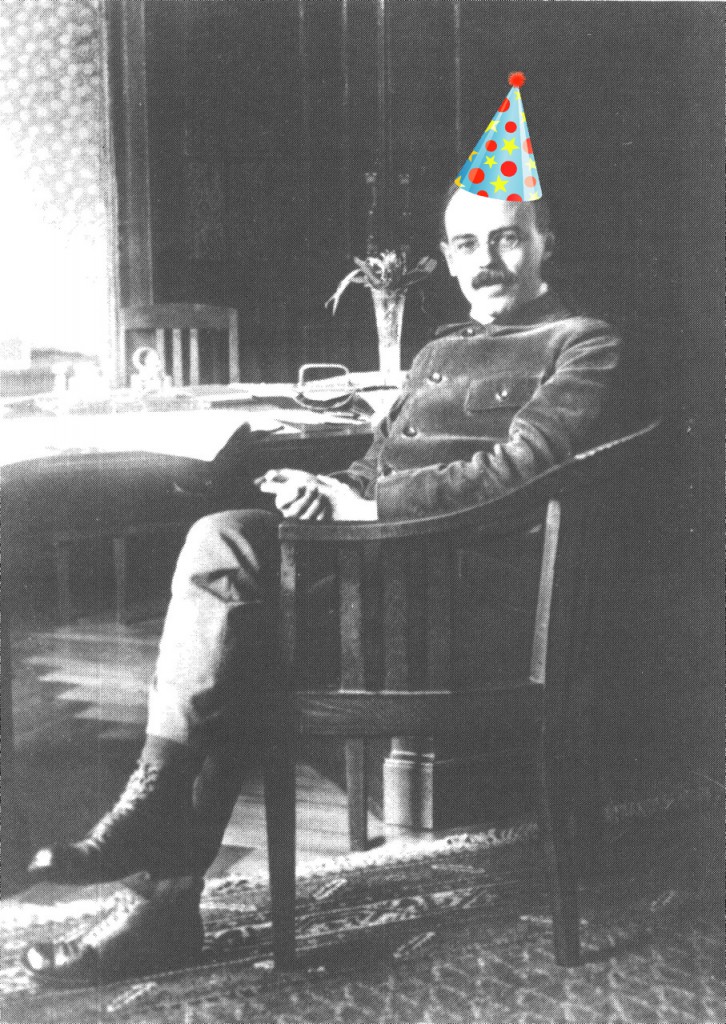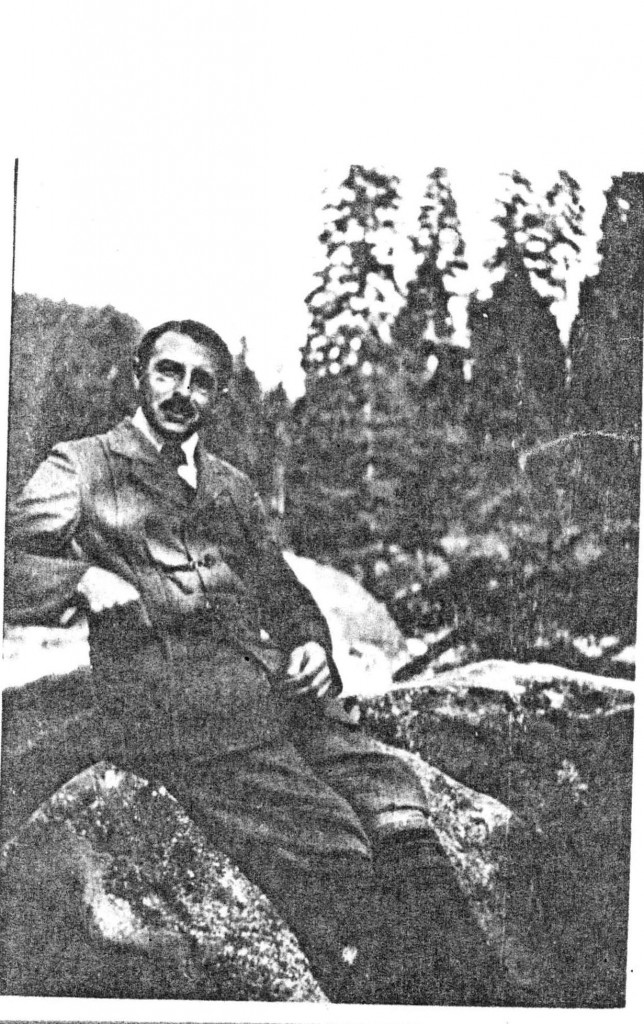I have a rendezvous with Death
At some disputed barricade,
When Spring comes back with rustling shade
And apple-blossoms fill the air–
I have a rendezvous with Death
When Spring brings back blue days and fair.
~Alan Seeger, Letters & Diary (Posthumously Published, 1917)
On 1 July 2016, we marked the 100th anniversary of the start of the Battle of the Somme. This offensive would last for four months, and go down in history as one of the largest battles of WWI and one of the bloodiest in military history. On the first day alone the loss of life was immense: the British army casualties (including a regiment from Newfoundland, Canada) were more than 57,000, the French army around 1,590, and the German military approximately 10,000 – 12,000 men. By the time the Battle of the Somme ended on 18 November 1916, the total casualty number was roughly 1.12 million men and the gain for this incredible loss was a six-mile movement of the British military into German territory.
Reinach’s regimental history is incomplete at the moment, so it is hard to say with certainty his participation in the Battle of the Somme, in what phase, for how long, etc. He was stationed in France during the timeframe of the battle, and it is known he fought in the Battle of Arras. The epic battle of the Somme does, however, come up in his letters, one to Hedwig Conrad-Martius and one to Edmund Husserl. But the details are sadly little.
In a letter dated 24 October 1916, Reinach writes:
Dear Mrs. Conrad,
You are quite right; I am not longer in the platoon. Since February 1916 I wanted to leave. Finally I succeeded. On the first of October, I left that part of the unit of the regiment (consisting of two field guns) and came to a new-formation. How much nicer it is to be the unit leader in an active regiment, instead of the section leader in a platoon of the Reserve Regiment. I belong now to the 9th battery of the 185th field artillery regiment. Because all the components of the new-formation come from the Battle of the Somme, partly from the Battle of Verdun, and so at the moment we have calm, a large, nice, quiet town on a wooded hill with a wonderful view at our feet. (s…..s) I have very pleasant comrades, tolerable superiors and capable subordinates, and feel very comfortable.
A note on the ‘new-formation’ Reinach mentions – In August 1916, General Falkenhayn was relieved of his duties on the Western front, and replaced by Erich Ludendorff and Paul von Hindenburg. These two felt a change of strategy was needed, the war of attrition General Falkenhayn led until now had been wasteful and ineffective. Ludendorff and von Hindenburg felt the best course was a defensive strategy that aimed at prolonging and preserving Germany’s position in the war: all operations had to measured by the proportion of losses in men and material rather than the gain of territory. This resulted in a flexible defence, where the battlefield was divided into two zones (the forward, and the area of main resistance). Unlike the Allies’ rigid system, German defenders could now fall back, join a much stronger second line of defence, and assume superior positions to exhaust the enemy. There could be relief divisions with reinforcements for the front divisions. This strategy later resulted in the infamous Hindenburg Line (1917) which consisted of three very strong, well-defended trench systems, and shorter lines. Hence, this ‘new-formation’ paved the way for Reinach’s promotion from the platoon and his position in a defensive line behind the first (i.e., behind the forward zone).
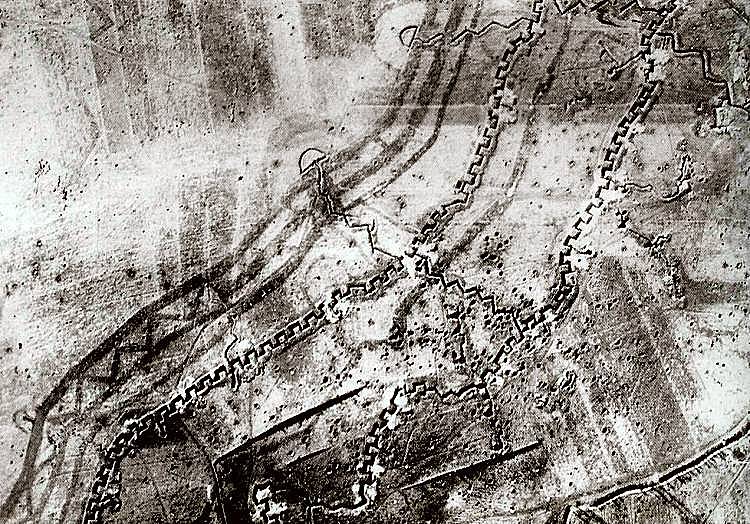
One of the most interesting things about this letter comes when Reinach describes the civil, very gentleman-like fighting arrangements had with the French soldiers nearby:
With the French we have tacit but strictly followed agreements. To shoot in the mornings is considered impolite. Shooting time for respectable people is from 3 – 6. During nighttime you have to be quiet. Calibers larger than 9 or at most 12cm are frowned upon – it is delightful! Also the trenches are so peaceful that you believe that you have been relocated to the base.
He ends this letter with “Will the war end sometime?”
The second letter where mention of the Somme occurs, the one written to Husserl, is dated 12 May 1917. It is here we see evidence that Reinach was at the Somme, and even at the Battle of Verdun, but once again the details are very few. He writes,
So, for a long time already you have heard nothing from me. And nevertheless I thought of you always and in longstanding warmth and gratitude, at Verdun, and the Somme, and now in Arras. It was there, during the fourth battle of Arras, when I received your invitation to lecture at Freiburg. I was laying flat – already 12 hours – in a shell hole where I was set up with my *trench binoculars. (*Scherenfernrohr, most likely donkey ear or rabbit ear binoculars, sometimes simply called Trench Periscope)
In the rest of the paragraph, he speaks of fighting the British at Fresnoy (between Arras and Douai). He then describes the new British artillery methods as being part of their offensive failure, and how magnificent things are with the New German tactics and task system. In the final paragraph, he tells Husserl that he feels absolutely safe (as compared to the Somme).
The Second Battle of Arras lasted from 9 April to 4 May 1917 (the First Battle took place in 1914) and it had several phases: [1] the First Battle of the Scarpe (9 to 14 April 1917); [2] the Battle of Vimy Ridge (9 to 12 April 1917); [3] the First Battle of Bullecourt (10 to 11 April 1917); [4] the Battle of Lagnicourt (15 April 1917); [5] the Second Battle of the Scarpe (23 to 24 April 1917); [6] the Battle of Arleux (28 to 29 April 1917); [7] the Third Battle of the Scarpe (3 to 4 May 1917); and [8] the second Battle of Bullecourt (3 to 17 May 1917). It is likely what Reinach calls the fourth battle is the phase called The Battle of Lagincourt. This battle of Arras resulted in 160,000 British and roughly 125,000 German casualties.
What an interesting time to get a letter of invitation! There is also a very dramatic contrast in day-to-day experience expressed here: Husserl is in Freiburg teaching and mentoring, and Reinach is lying in a hole on an active battlefield trying not to get killed. While he says that he is happy Husserl is doing well in Freiburg, and he hears good things from Edith Stein, he does’t say whether he accepts the invitation or not. In my opinion, this shows hesitation on his part, that he wanted to decline the invitation. Of course, he could also have been simply holding off on making a decision until he had a quiet moment and clear head to think about it. We shall never know his feelings on this issue with absolute certainty, and it is also difficult to say what Reinach would have wanted to do after the war was over had he survived (maybe he’d take up farming, like his friend Daubert). However, I will say, Reinach’s letters to Conrad before the war show he was not entirely happy in Göttingen, he missed Munich and his friends very much, and the growing theoretical distance between he and Husserl was making him uneasy. Feelings such as these would make the move to Freiburg a bad choice.
“Good morning, good morning,” the general said,
When we met him last week on our way to the line.
Now the soldiers he smiled at are most of ’em dead,
And we’re cursing his staff for incompetent swine.
“He’s a cheery old card,” muttered Harry to Jack
As they slogged up to Arras with rifle and pack.
…
But he did for them both by his plan of attack.
~The General, Siegfried Sassoon (1918)
Alan Seeger, Letters and Diary (posthumously published 1917). See Also, Poetry Foundation.
John Keegan. The Face of War (2001).
Siegfried Sassoon, Counter-Attack and Other Poems (1918). See also Poetry Foundation, and BBC.
The letters presented here are my own translations (the letter to the Conrad-Martius was translated with the assistance of Dr. Thomas Vongehr).
